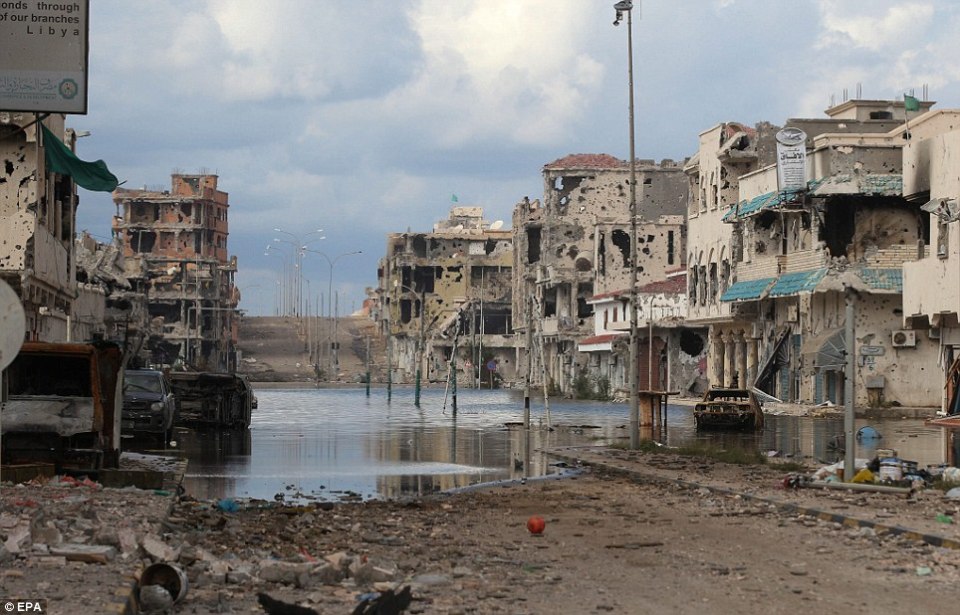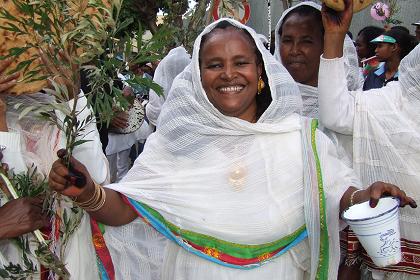Jan 26
20160
Foundations, Humanitarian Agencies, Imperialist Wars/Occupations, Non-Profit Industrial Complex, The International Campaign to Destabilize Syria, The War on Libya - There Was No Evidence
Humanitarian Intervention ICC Libya R2P Syria United Nations
WATCH: Edward S. Herman on “Humanitarian Imperialism”
The Real News
Video published July 1, 2012
Excerpt:
TRN: Which it’s all geopolitics: when it’s in your interest, you bring up that card, and when it’s not, you don’t.
HERMAN: No, absolutely. And the lack of principle involved, the lack of as you say, there is a principle, a UN principle, that’s been overridden by this allegedly higher principle of the responsibility to protect civilians who are victimized by their government, so that we have to go in. And we did this in Libya. And a good chunk of the left fell for this, too, that we have the responsibility. We raised the question, I have raised the question, in the case of Libya, well, do you want to leave this in the hands of the United States, who’s engaging in drone warfare all over the world, has declared the whole world a free-fire zone, engaged in the most monstrous aggression in Iraq, and it’s got away with it. You want this imperial power to do the job in Libya on this incredibly selective basis? Isn’t that a bad principle in itself, to do it and to then let them do it, and to have faith that they’re going to do it, not engage in regime change, which they’ve been obviously pursuing? I mean, the naivete behind supporting that is again, it’s breathtaking.
[Edward S. Herman is an American economist and media analyst with a specialty in corporate and regulatory issues as well as political economy and the media. He’s a Professor Emeritus of Finance at the Wharton School at the University of Pennsylvania. He’s also the author of several books, namely “Manufacturing Consent” which he wrote with Noam Chomsky and “The Srebrenica Massacre: Evidence, Context and Politics”.]

